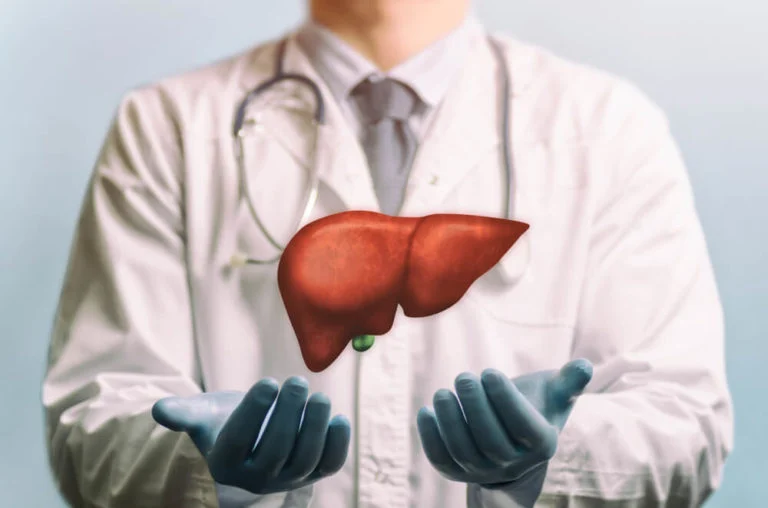Overview of Liver Transplantation Success in Turkey
Liver transplant procedures in Turkey showcase a remarkable success rate of over 92.5% in some leading hospitals. These outcomes depend heavily on the patient’s health condition and the expertise of the surgeon performing the procedure. A liver transplant is considered a life-saving surgery for patients with end-stage liver diseases, involving the removal of the diseased liver and replacement with a healthy one, either from a deceased donor or a living donor.
Detailed Success Statistics
According to studies, individuals undergoing liver transplants in Turkey have an 87% chance of surviving beyond one year post-operation. For five years, the survival rate drops slightly to 74%, particularly for patients with additional health complications receiving livers from deceased donors. In comparison, recipients of partial liver donations from living donors often experience better short-term outcomes, largely due to shorter waiting times for surgery and pre-existing healthier conditions.
Challenges and Monitoring After Transplantation
Post-operative challenges may include potential organ rejection, recurring liver disease, or issues with the transplanted liver’s functionality. Patients require lifelong follow-ups, with regular blood tests and imaging studies to monitor liver health and adjust medications. Immunosuppressive drugs are critical to minimizing the risk of rejection, but patients must remain vigilant against infections and other complications.
Key Post-Transplant Monitoring Guidelines
- Blood Work: Includes liver function tests (AST, ALT), kidney function, electrolytes, and immunosuppressant levels.
- Ultrasounds: Doppler ultrasounds are performed frequently in the initial months post-transplant to monitor vascular health.
- Follow-Up Schedule:
- Twice-weekly tests in the first two weeks post-surgery.
- Weekly tests from the third to the fourth week.
- Bi-weekly checks up to three months.
- Monthly checks for up to a year.
- Bimonthly tests from the second year onward.
Lifestyle Adjustments for Long-Term Success
To maintain optimal health and minimize the risk of liver transplant rejection, patients are encouraged to:
- Adopt a balanced diet rich in nutrients.
- Exercise regularly under medical supervision.
- Avoid alcohol, smoking, and other liver-damaging habits.
- Monitor weight and manage any metabolic conditions like diabetes or high cholesterol.
In this video, you can explore the details of liver transplant procedures in Turkey, including comprehensive insights into the surgical process, patient care, and health considerations associated with the procedure.
Educational Tools and Resources
Patients and their families are encouraged to access educational materials such as videos and guides that explain the procedure, its risks, and the necessary aftercare. These resources help ensure better preparation and understanding, contributing to a smoother recovery journey.
If you’d like more details or examples from similar cases, let me know!

